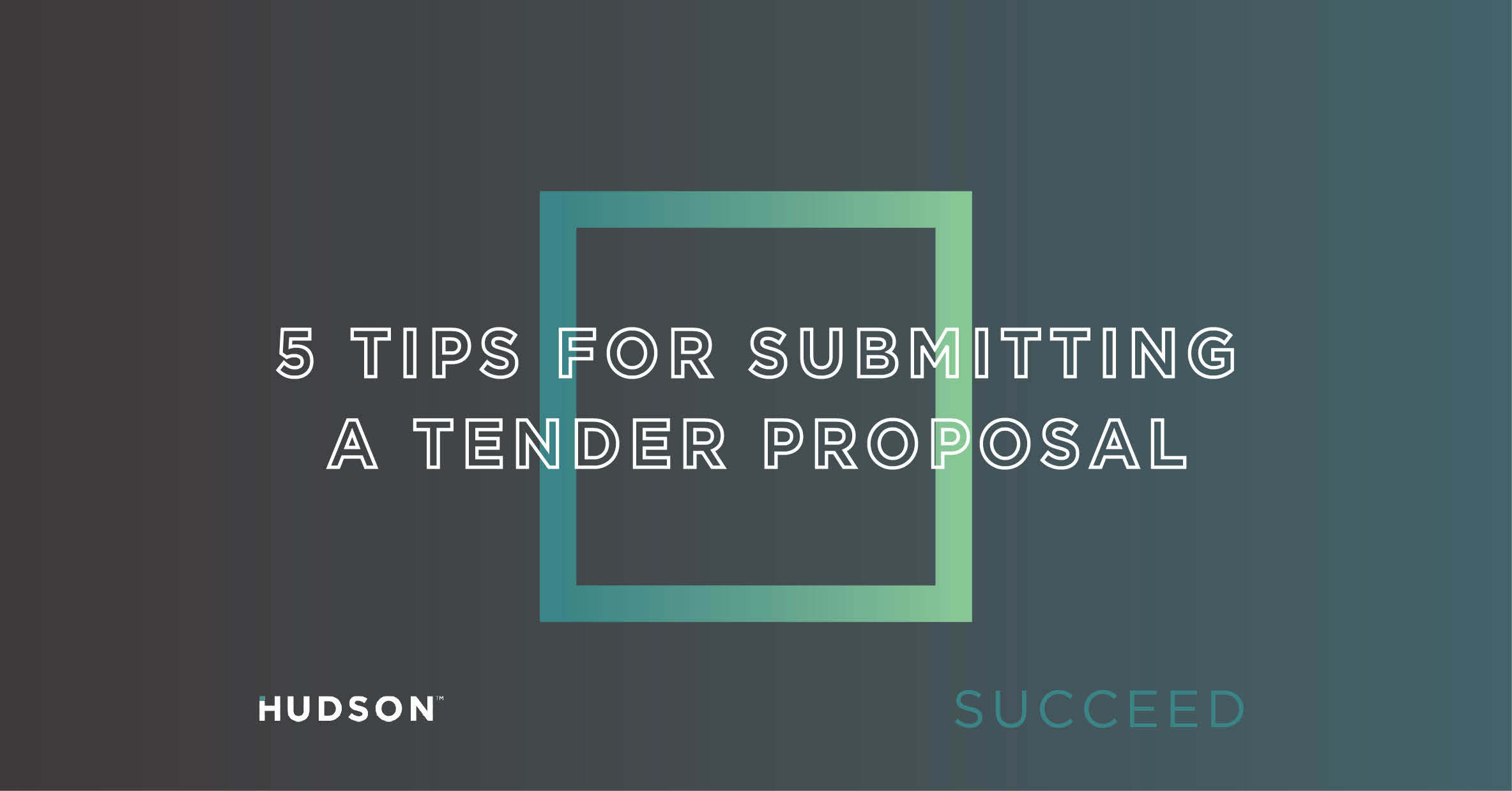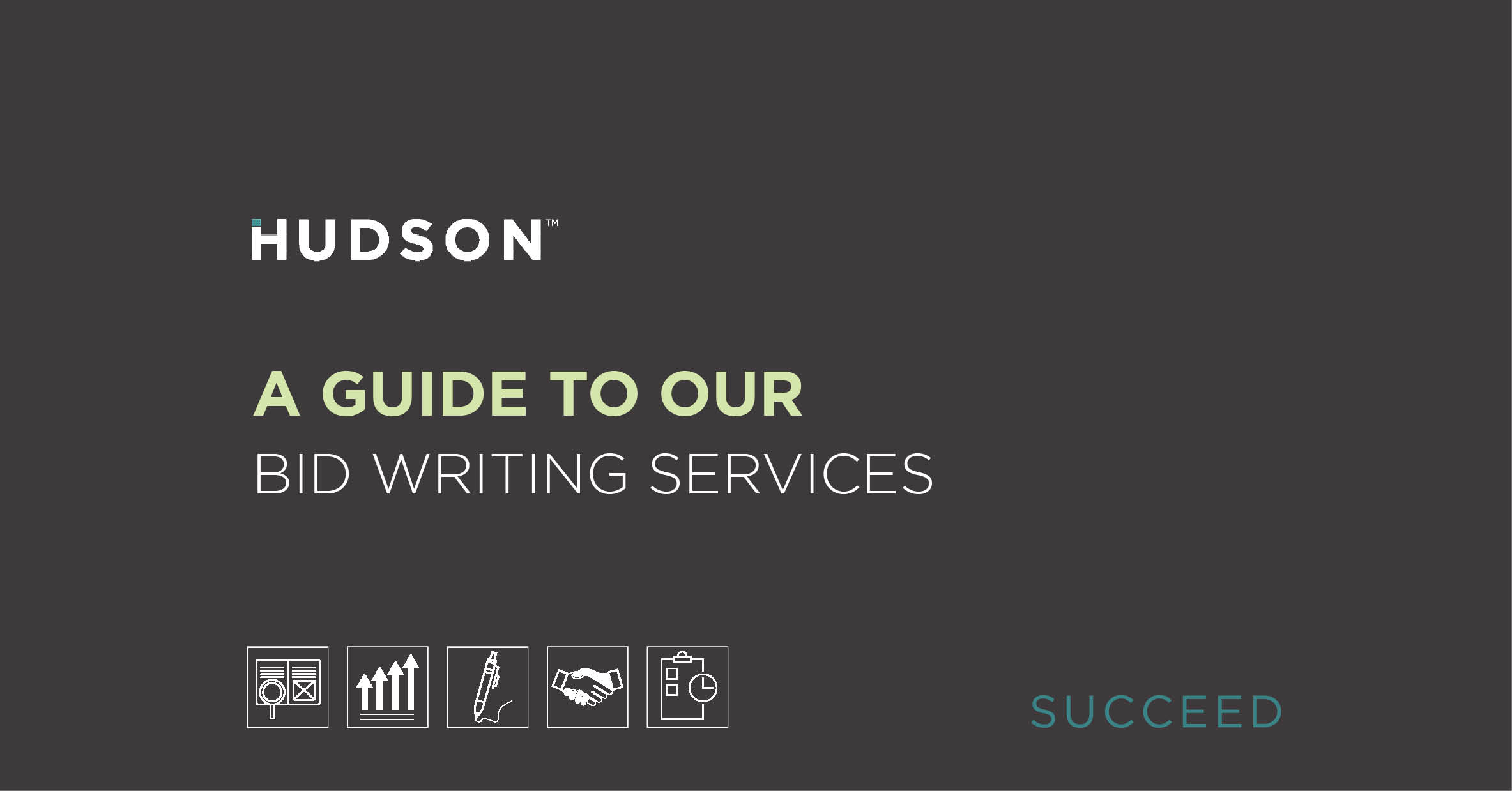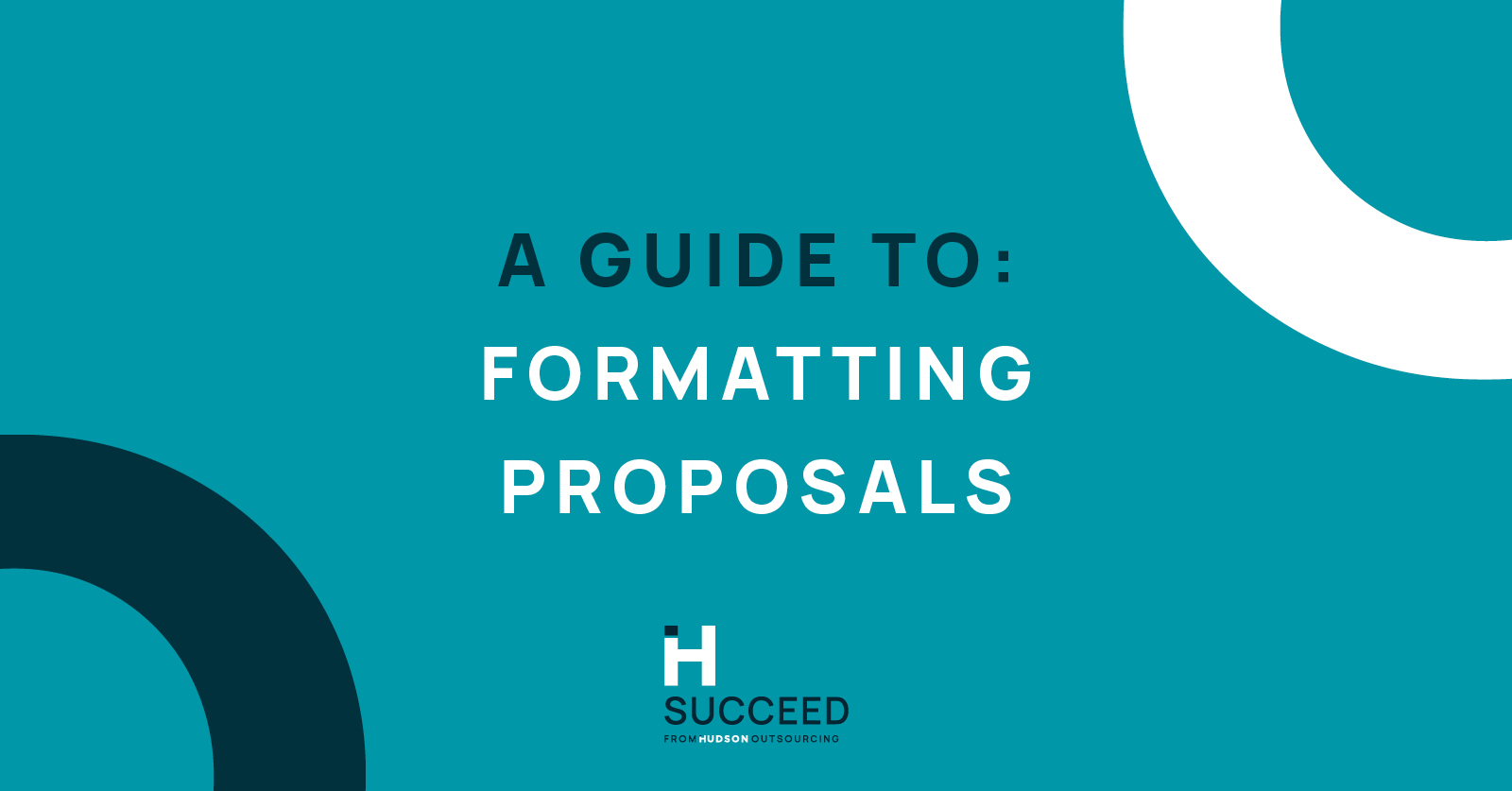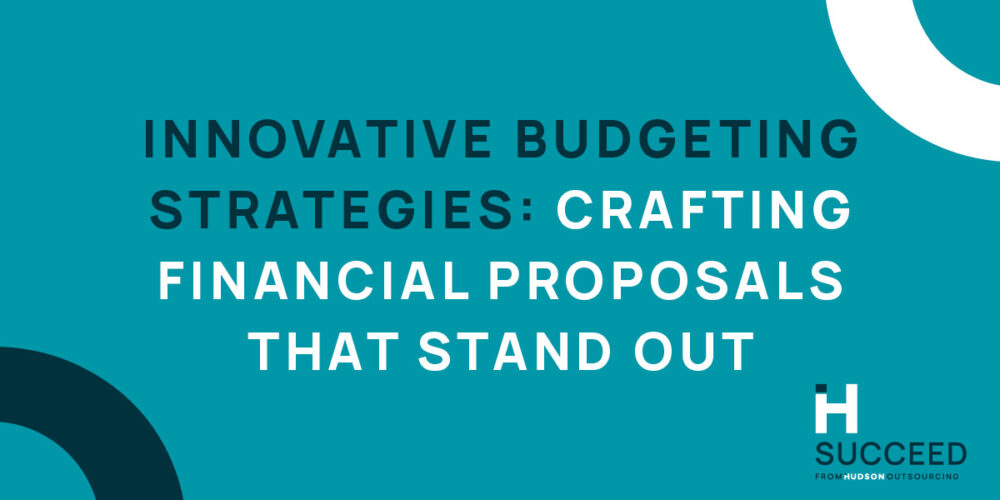How many different tender proposal formats can there be?
Last updated: Dec 17, 2021 @ 10:53 am
I’m glad you asked. The short answer can be summed up with the well-known phrase ‘how long is a piece of string?’. There are several tender proposal formats which you are more likely to encounter. However, there are still many other ways you can be asked to present a tender, and these can be affected by the sector you are bidding in as well.
The key thing is to make sure that you read the tender instructions thoroughly. This will ensure that your tender proposal format is compliant with the criteria laid down by the Buyer.
As a general guide, here are some of the tender proposal formats you can expect to come across whilst tendering:
Selection Questionnaire / Pre-Qualification Questionnaire (SQ / PQQ)
The SQ and PQQ tender proposal format is usually a very simple one. This consists of the following:
- A set questionnaire concerning your company information
- Financial position
- 3 contract examples and in most cases a small selection of quality questions.
The questionnaire element itself will always be presented in a set format, either through the use of a word document, excel sheet or as an online form on the relevant tender portal. Any additional quality questions will most likely be within the same pre-formatted tender document, or within text boxes on the online portal.
Occasionally you may have the option to submit the quality questions separately in a non-buyer document. This is an excellent opportunity to brand your responses and really make them stand out (more on this further down!).
Invitation to Tender (ITT)
In most cases, the ITT is the second stage of a procurement process and your company information will have been submitted at the first stage, meaning that your tender proposal format at ITT will usually consist of quality questions, commercial response/pricing schedule and supporting attachments.
It is entirely dependent upon each buyer (or contract authority) as to how an ITT is laid out and the format you are expected to respond within. ITTs typically fall into two camps:
- Pre-designed buyer documents with clearly marked response areas, usually with strict instructions for font size, font type and wordcounts.
- Free-format responses, where the ITT instruction layout any guidance points (like word counts or page numbers, font type or size and likewise) but give you the freedom to submit the quality responses in your own documents. (Sometimes, there is no guidance provided at all and you are free to format and develop your tender as you see fit).
If you have the chance to create your own response document, then this is a fantastic opportunity to make your tender stand out. So long as you adhere to whatever instructions are provided (for example, it is usually that the font must be Arial and a size 11) then you can take the chance to ensure the Buyer remembers your proposal.
Some things you might consider doing are to:
- Use your company logo to create a simple branding image that you can place on each page of the document, using your company colours to accentuate any further design elements.
- Think about putting together a title/cover page and a back page to place at the end of the document. You don’t have to be a design wizard to make these look good; a bold colour for a background which allows for your logo to be displayed nicely will look just fine if you take the time to match everything up properly.
Unfettered tender proposal formats really do give you a great opportunity to showcase the professionalism of your business. In theory, it shouldn’t matter at all if you upload a plain document or a professionally designed one; you’re not being marked on the design work, just the content.
However, creating an eye-catching document when given the chance will improve your odds of catching the buyers eye. Look at it this way; if you were reviewing 20 tender submissions and 19 of them were plain, you would definitely remember the branded one and appreciate the extra effort given.
Request for Proposal / Request for Tender (RFP / RFT)
Request for tender or proposal formats are nearly always free-format. RFPs are particularly common in the creative sector, where the buyer will provide a specification or a creative concept (for example, the basic premise and requirements for a website) and a creative agency will develop an RFP based upon that.
RFPs usually don’t come with wordcounts or stringent restrictions, but always read the instructions to make sure you haven’t missed anything. In procurement, just because something isn’t the norm doesn’t mean it won’t happen.
If you work in the creative industry, then you will know all about how best to display your brand. Don’t make the mistake of assuming tenders or proposals need to be plain documents; take the opportunity an RFP offers to get dynamic with your tender proposal format. This is especially the case if you are tendering for something like website development or film production. White space may help. However, you want to make sure that the buyer remembers you and your brand above all else.
Attachments and supporting evidence
If you are submitting a tender with a pre-designed buyer document that prohibits you from showcasing your beautifully branded documents, don’t despair! If you are permitted to submit supporting evidence with your bid (and in most cases, you will be) make the most of it. Have your company policies, organograms, CVs and case studies designed so that they a) look professional and b) wow the buyer in a way that the tender proposal format restrictions put a stop to.

Tips for a successful submission
Submitting a tender proposal is perhaps the most important part of the tendering process.
Web-based tender submissions have become normal in recent years and is the preferred way for buyers and suppliers to complete the tender process.
What this means is that if you are interested in submitting a tender proposal, you need to be confident using web-based submission portals.
The requirements for submitting a tender proposal have not fundamentally changed. However, the way you as a supplier interacts with the buyer has changed. It is now more streamlined for your company to submit your tender.
Benefits of web-based portals
Modern procurement is completed online and there are a number of ways that this is beneficial:
- Web-based tender portals were introduced to speed up the procurement process and make it more transparent for all parties.
- Using portals makes it easy for the companies submitting tender proposals to communicate with the buyer to clarify any questions they may have.
- It means that the rules must be adhered to by suppliers. It is easy for the buyers to check that you have uploaded the required tender documents before the deadline times
- Using web-based portals means your tender proposal information can be stored online. This can save you time and effort if you tender regularly!
Our top 5 tips are:
1. Take your Time
Make sure you have understood all the documentation that needs to be submitted. You should also make time to learn how the tender portals work if you are unfamiliar with them. One of the easiest mistakes to make when submitting a tender online is failing to understand all the submission requirements:
- What you need to complete in terms of any additional attachments,
- How to complete the correct sections,
- And generally ensuring the correct boxes are ticked.
2. Don’t be put off
At first glance, many of the tender portals can seem very confusing. Don’t worry however, it is a lot easier than the old methods of printing out and posting or delivering a hard copy!
3. Learn what works for you
For example, the tender expert writing this blog prefers work in a Word document. They then transpose the proposal text into the relevant online response sections when it is finalised. This is because it is not always easy to work directly with the online boxes.
4. Communicate
The online tender proposal submission portals allows for a much simpler communication process. Any clarification questions, notifications and important correspondence can be completed via the portal.
This is a lot easier and more transparent for all parties. Online portals also create a central location for working on your proposal. This is especially helpful when working with other contributors.
You can all work on the same submission easily. However, you need to make sure you communicate who is doing what to prevent any errors or duplicate content.
5. Strive to stand out
Online proposals can sometimes remove the need for design, formatting and branding of a tender. This might save you time, but most importantly, it increases the need for your bid to stand out from the competition.
You should take the time to make sure your tender proposal is of the highest quality possible. Naturally, at the same time, you need to make sure that it matches the contract criteria and specification. See our Tender Design series on Tender VLE for more information.
Common problems with web-based tender proposals
Although online tender proposals save the time and costs of printing and delivering a hard copy bid, the submission portals are known for being confusing and difficult to navigate.
The main problem with online tender submission portals is that there are several portals that you might use. These are all different and unique in their own special ways.
What this means for you as a supplier is that you need to become familiar with how each portal works. This is especially important if you use different systems regularly.
Another issue often encountered with online portals is on submission day.
Everyone can relate to the fact that although technology saves a lot of time, it can also create major problems when it doesn’t work! Right before the deadline for a tender proposal, the portal is likely to experience a lot of traffic and occasionally the system can crash.
To counter this, make sure your tender proposal is written in plenty of time. This will give you the breathing space you (might) need to upload your proposal in plenty of time before the deadline.
Don’t submit your proposal at the last minute as you run the risk of the portal crashing right at the vital moment. (Trust us, it happens!) If you miss the submission deadline, even by one minute, the tendering window will be closed and the authority will decline your submission.
Stay up to date
Ensure that you read all tender notifications and portal messages from the buyer throughout the tender process.
There may be important updates or additional actions required which may impact your proposal. Normally, these will be notified to all tenderers on the portal, with an (often) automatic email sent to all tenderers.
Tender proposals can demand a lot of your time and resources…
For particularly large tender proposals, there is usually a significant amount of supporting text, attachments, additional documents and financial information provided with each tender.
What this means for you is that you have a lot of reading and understanding to do before you even write your response. This can require a significant investment in terms of time and resource.
It is important to invest that time to fully understand the requirements of the proposal. If you cannot commit to this investment all the time, why not let Hudson’s tendering experts take this burden for you. Our range of tender services mean that we can support your tendering and proposal submission requirements.
Bid proposal support from Hudson
At Hudson Succeed, bid proposal support comes in the form of our most popular service, Tender Writing.
The Italian-based organisation, Barbara B Cooperativa Sociale, approached the team at Hudson Succeed to support them with expanding their services internationally. Formed in 2007, the company has strengthened its role as a multi-service cooperative. They provide services such as town cleaning, environmental hygiene and cemetery management. Their main goal is to provide employment opportunities in the facilities sector to vulnerable and disadvantaged people.
“The collaboration with Hudson has been interestingly fruitful for Barbara B as we were entering a new market and we needed more insight and somebody who would be able to help us in letting our long experience in the Italian market emerge in the UK tendering process. In Hudson we found very responsive and professional support, in particular given the difficulties of transferring/translating the value of our Italian social cooperative work into the bid writing process: language sometimes can a be a limit, but Hudson’s flexibility and creativity helped support our business.” – Filippo Enseki, Operations Manager at Barbara B Cooperativa Sociale.
Tasks and challenges
Research into the UK market
To assist Barbara B Cooperativa Sociale with their expansion goals, we provided them with both our Succeed and Procure services. In addition to supporting them with their bid proposal, our team also carried out research via our Hudson Procure division. This involved undergoing a thorough investigation by liaising with UK councils. Our findings were compiled into a detailed report, within the necessary timescales.
The bid proposal
As well as this insight, Barbara B Cooperativa Sociale also required support with their bid proposal. Their tender of choice was for grounds maintenance services, to be delivered across the UK.
When tackling the bid proposal, the team had to overcome translation issues. As with all clients, the first step for our bid writers is to extract information. This information then builds the foundations upon which the tender responses are crafted. Therefore, it is vital that these details are accurate.
Opportunity tracking
In order to help Barbara B Cooperativa Sociale futureproof their UK market strategy, we also assisted with opportunity tracking. Utilising our research findings, we were able to help the organisation identify the right opportunities for their business. This means that the company was able to prepare for future tender proposals, eliminating the risk of unexpected, reactive work.
Activities
Our bid writers begin every Tender Writing project by creating a bid plan. The plan clearly outlines what they will need from the client and what the client can expect from them. This helps us to set expectations from the outset. It means that both parties have a clear understanding of the project timeline and how we will deliver the work required. In this case, the bid plan was particularly important. Extra time had to be factored in for translating any documents required from Barbara B Cooperativa Sociale.
The Succeed team underwent detailed, industry-specific research throughout the project. This ensured that their tender responses were developed to the highest possible quality. Barbara B Cooperativa Sociale is an experienced provider of grounds maintenance services. It was crucial that the bid responses accurately represented the client’s capabilities.
With the bid plan in progress, the team were able to effectively communicate with the organisation throughout the project. This led to the timely submission of the grounds maintenance bid proposal.
As for the procurement research, the team developed and designed a detailed and intuitive report. As the client was new to tendering for work in the UK, the report outlined the best strategy for them.
Results
Due to the success of the first submission, where a 97% quality score was achieved, we continued to work with Barbara B Cooperativa Sociale. We have since helped the organisation to streamline their understanding of and approach towards procurement in the UK.
Our second tender submission was also a success, securing a four-year contract, totalling a value of c.£350,000.
Find more information about our work with Barbara B Cooperativa Sociale.

Find your perfect service
- Writing a tender proposal for the first time?
- Needing a second pair of eyes?
- Never tendered before?
- Need some advice and guidance through the tender process?
- Having burning questions?
- Don’t have the time to tender?
Don’t worry, it’s Hudson to the rescue!
No matter your question or query about writing a tender proposal, we have a service that is ideal for you. Whilst lots more information on our tendering and procurement advice and writing services can be found in our blogs, read ahead for a snapshot of each of our services, what they involve and the benefits they can bring to your business.
How we work
We maintain a client-first approach in everything we do. Communication and transparency are vital to our service delivery.
Clients utilise our services for many different reasons, such as:
- Support with an ad-hoc bid proposal;
- Help to get started with their first tender;
- Help to improve their internal bid success rate;
- Simply because they need a second pair of eyes before they submit a bid.
No matter the reason, their goal remains the same – to grow their business. That’s why we developed our four service offerings; to ensure that we can support businesses of all sizes.
Tender VLE is the UK’s first, online, tendering and virtual learning environment. The platform is dedicated to answering your questions about writing a tender proposal. Our team of procurement specialists regularly update the site with videos, accompanying blogs and downloadable attachments. These resources provide guidance, advice and helpful hints and tips regarding the tendering and procurement process. The site caters to beginners, intermediates and advanced level businesses. It is free to use and many clients find this service extremely helpful in terms of its clarity, ease of use and the answers it provided to commonly asked questions.
Lots of our videos are designed to provide specific tender support to those who have never tendered before or have lots of questions about the process including:
If you’re interested in learning more about how to make the most of formatting your tenders, then check out our upcoming instructor on Tender VLE, Kathryn Johansen. In her introductory video, Kathryn has some excellent advice to give on the importance of your brand and how to use it to greatest effect when tendering.
Our Tender Mentor service provides businesses with a vital, second pair of eyes to make sure that their submission is the best it can be. It is predominantly a guide, review and advice service which involves our team critiquing your prospective tender responses whilst mentoring your team on ways in which they can continuously improve their submissions.
Tender Mentor is perfect for businesses who need a helping hand writing a tender proposal; our team of procurement professionals will pay attention to the details of your submission and the particulars of the specification. They will ensure that your response flows well and answers the question, whilst optimising the effectiveness in relation to the buyer’s requirements.
Since launching the Tender Ready programme, we have helped numerous clients to take the first step on their tendering journey. We know that the tendering process can seem daunting. The programme was designed to help businesses who are exploring this avenue for the first time.
The package includes:
- The creation of the corporate literature you will need to tender for contracts;
- Three days of bid writing consultancy to develop your first bid proposal response;
- 12-months access to the Hudson Discover tendering portal of your choice so that you can continue to identify opportunities after the programme.
Call or email us to book a free consultation.
This programme is designed for businesses who are currently tendering for work but are perhaps not seeing success. Our bid team will provide tailored, one to one support to critique clients’ past responses. Knowledge and guidance is offered that can help improve future responses.
In order to help you increase your win rate, the package includes:
- A full analysis of your previous tender responses and the identification of areas for improvement;
- The creation/redevelopment of your corporate literature to help you impress buyers;
- Three days of bid consultancy to either write your next tender response or guide you through the process yourself;
- A 12-month subscription to the Hudson Discover portal of your choice.
Simply call or email the team for more information.
This is our ad-hoc writing service, primarily aimed at businesses who know how to tender but struggle to find the time and resources to do so. Our team will take tender management, writing the bids and the submission process off clients’ hands completely.
Our team will work closely with the client throughout the process. They will ascertain the level of technical input and specific examples required to make the submission stand out from the crowd. And on top of all of that, we will battle with those pesky submission portals on our clients’ behalf. This makes the process of writing a tender proposal as stress-free as possible.
Further support
Still got questions? For more information about tendering and how to approach it, contact our Tender Writing Consultants for a free chat about your tendering queries and needs.
Find more helpful tips and advice in our blogs. We cover topics including:







